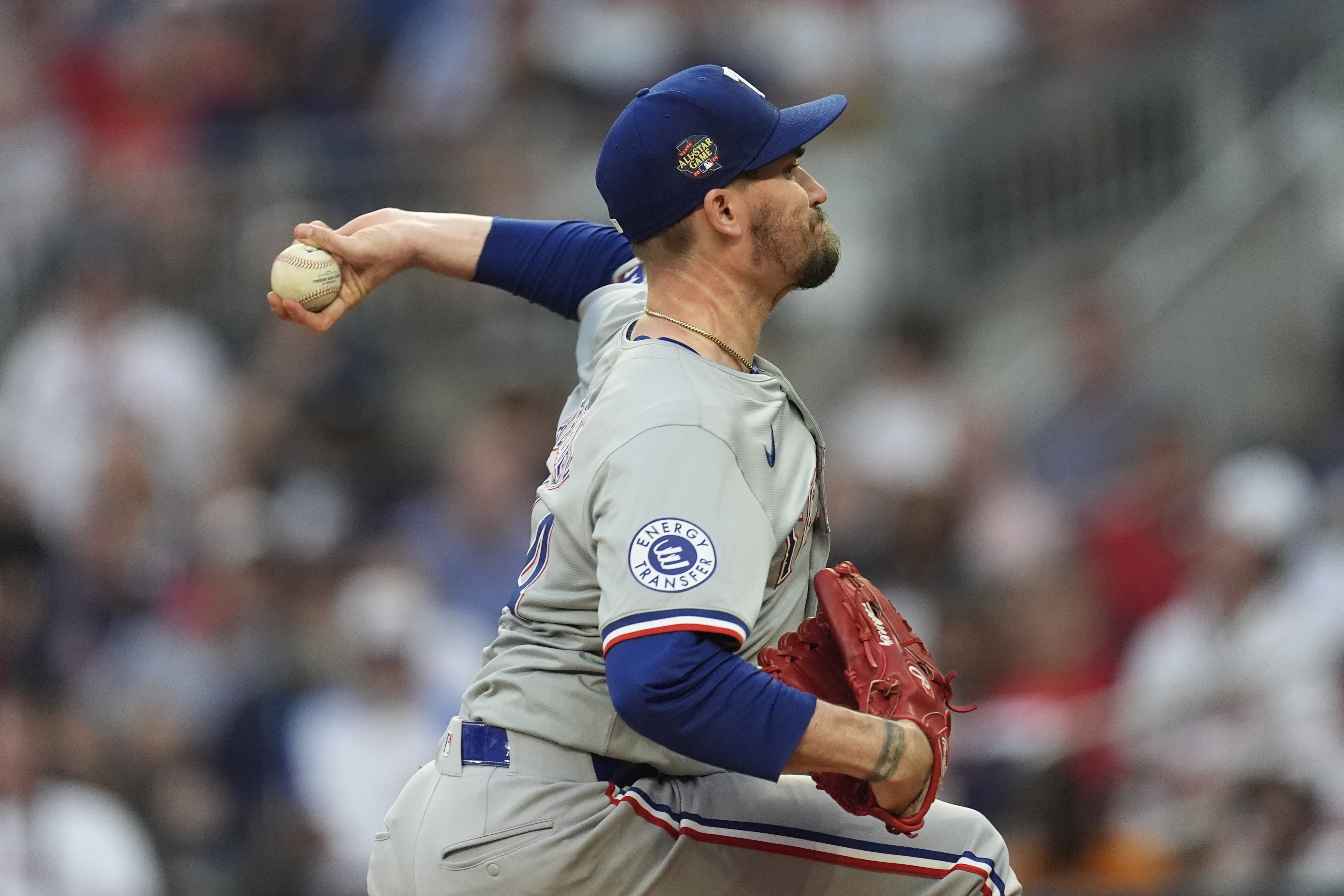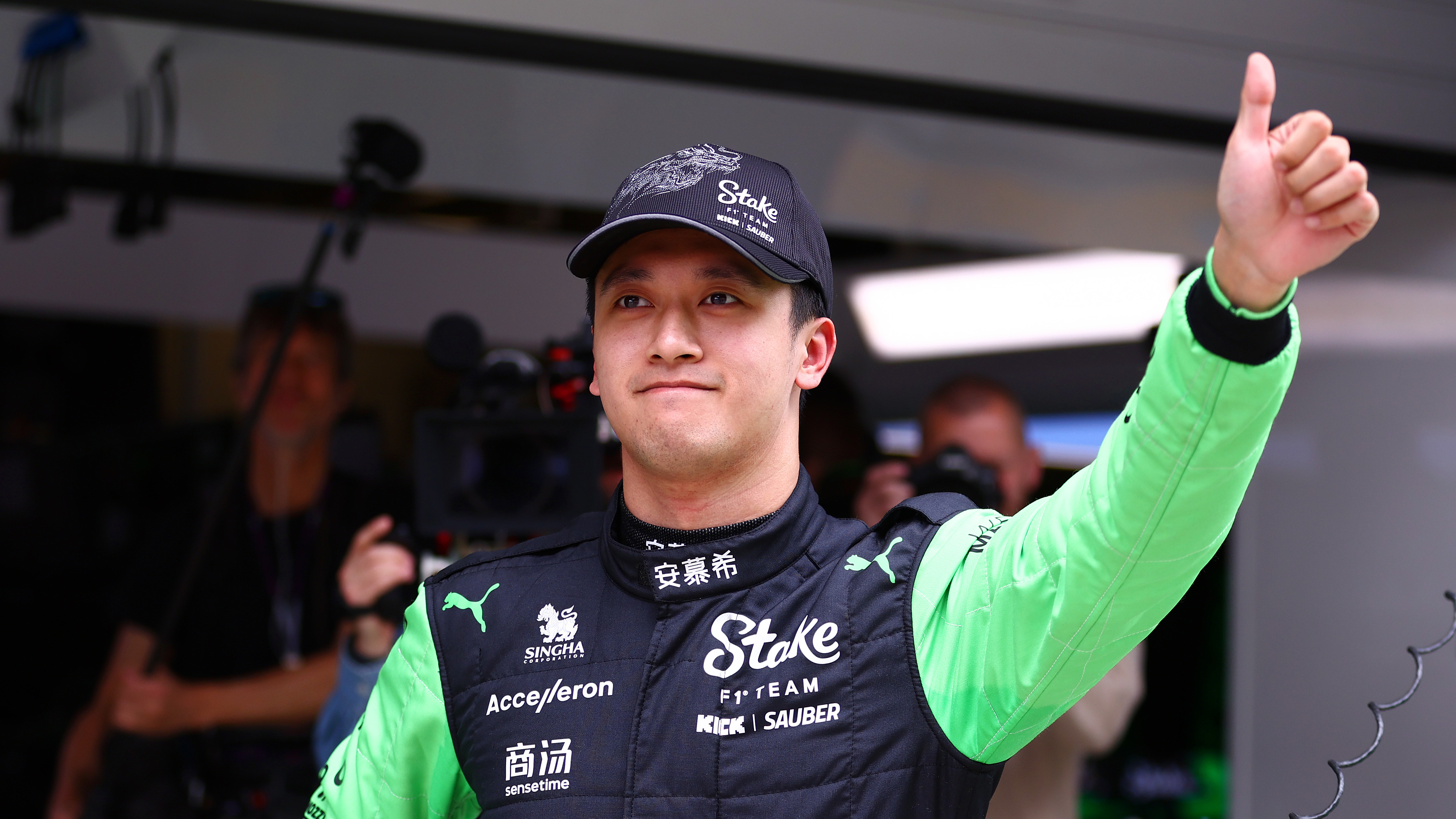Don Hooton doesn't buy the notion that Alex Rodriguez is damaged goods in corporate America.
Quite the opposite, in fact.
The Plano father whose son's suicide was linked to steroid use started the Taylor Hooton Foundation to honor the 17-year-old's memory and try to fill what he saw as a void in educating youth on the dangers of performance-enhancing drugs.
Fundraising has been modest, and the list of athletes joining Hooton's cause is short. Hooton believes both could change after he attended Rodriguez's first news conference since the New York Yankees third baseman admitted using performance enhancers from 2001-03.
Rodriguez, an 11-time All-Star, used that forum two weeks ago in Florida to announce his intention to help Hooton's foundation.
Hooton is hoping Rodriguez can give his foundation access to corporate sponsors it hasn't had before. He is unfazed by derisive alternatives to Rodriguez's iconic nickname, A-Rod, or that the steroids admission meant Rodriguez lied in a nationally televised interview in 2007.
"If you ever went ... to Gamblers Anonymous and were going to take a lesson, you don't go to the guy that's never gambled," Hooton said. "If you think back to the last five or six years, who would you reach out to? Who is clean? At least we're dealing with a known quantity here. And certainly just from notoriety and visibility, we could not have found a better player, I think, to associate with."
Sports Connection
Connecting you to your favorite North Texas sports teams as well as sports news around the globe.
The natural question, of course, is whether Rodriguez will offer his own money. This is the player who opted out of the richest contract in baseball history (10 years, $252 million) so he could reset the bar with the Yankees at 10 years and $275 million. He's a year into his latest deal.
Hooton says they didn't talk about Rodriguez's money. They talked about boosting corporate donations and Rodriguez serving the foundation's primary mission -- talking to kids about steroids. Hooton said he planned to meet with Rodriguez within a week to discuss details.
The foundation has a program called "Hoot's Chalk Talk" that makes presentations at middle schools, junior highs and high schools. Hooton said about 50,000 kids so far have seen the program, "but on the other hand we've got millions of kids to reach."
To do that, the foundation will need more than its current $700,000 budget, most of which comes from a five-year contract with Major League Baseball that pays $500,000 annually. Hooton said the goal is to get the annual budget in the range of $3 million to $5 million in order to reach 10,000 schools nationally.
More importantly, he said he wants to make good on a vow to baseball commissioner Bud Selig not to be so heavily reliant on that sport.
"With the current economy and everything that's going on, everybody's in the same tough boat," Hooton said. "Thank goodness we've got a committed partner in MLB."
The Rodriguez admission after a Sports Illustrated report about his positive tests for performance-enhancing drugs became the latest publicity boost for Hooton and his group. He was first noticed nationally at the congressional steroid hearings in 2005, just about the time his foundation was given nonprofit status by the IRS.
Some of the biggest names in baseball were spellbound by the story of Taylor Hooton, who apparently took steroids to give himself a better chance to compete on his high school team in Plano. Doctors said the cousin of former major league pitcher Burt Hooton suffered from depression after he quit taking the drugs.
Media reports of steroid use at another Texas high school prompted the state Legislature to take up the issue, and in 2007 it passed the nation's largest steroid testing program for high schools. Meantime, the Mitchell Report to Congress implicated more big names, most notably Texas-raised star pitcher Roger Clemens.
But now the Mitchell Report is more than a year old. Very few positives came out of the early rounds of testing in the Texas program, prompting some to question the scope and cost of the plan.
Hooton's group was in a lull between waves when the Rodriguez news hit, but now he says his foundation has actually reached out to a player for the first time. Hooton put out feelers to the Yankees and MLB and said he heard back from Rodriguez within 24 hours.
"The stars lined up," Hooton said. "He seemed to be the right guy at the right time and the right place, and we picked up the phone and called."
Now Hooton has visions of doing more things with the Yankees and using Rodriguez to connect with more players. The Yankees and baseball's powerful union say they support Hooton's efforts.
"We expect to work with him, to hold some kind of event at Yankee Stadium," said Yankees president Randy Levine. "It's important to note these conversations have been going on before A-Rod."
Baseball union head Donald Fehr took issue at the perception -- shared even by Hooton -- that his group has discouraged players from speaking out about steroids.
"We certainly wish (Hooton) well and hope he can have a fair degree of success with it," Fehr said. "And if Alex Rodriguez or any other player wants to help him out, that's entirely their choice and we commend them to the effort. I hope it works out to everybody's benefit."
The list of corporate partners on Rodriguez's Web site isn't extensive, but it does include the biggest corporate name in sports -- Nike -- along with the Topps trading card company and sports equipment maker Rawlings.
Hooton believes the path to these potential donors opened in part because his organization is "one of the few ports in the storm," another way of saying he doesn't think many people are talking to kids about steroids.
"We hope as we go forward that we can become a trusted place, maybe a safe place where other players, whether they've done performance-enhancing drugs or not, can join with A-Rod and this is a place to speak out to kids," Hooton said. "We're an education group, and our role is not to judge."



